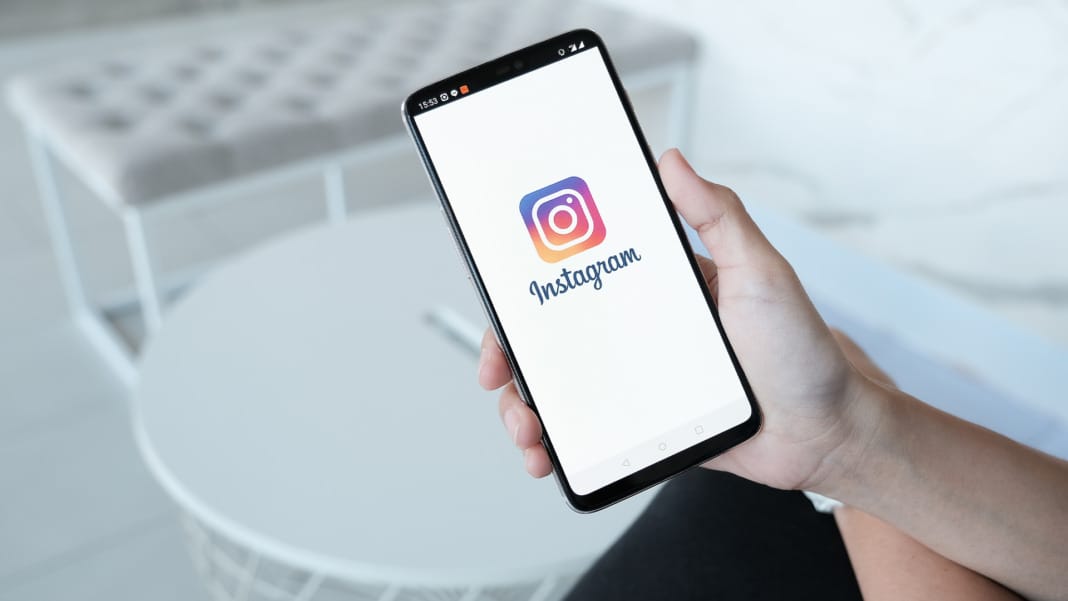Instagram is trialling a new feature that allows users to display their interests publicly through ‘Collections’ on their profiles. This update, shared by app researcher Alessandro Paluzzi, introduces a space on Instagram profiles where anyone can view a user’s Collections within the app.
#Instagram keeps working on public collections 👀
— Alessandro Paluzzi (@alex193a) January 4, 2024
Here's the introductory screen 👇 pic.twitter.com/SAdCXzvP1B
Showcasing personal interests
This feature could be useful for users to highlight their favourite things, such as celebrities, books, or movies. Doing so could provide deeper insights for visitors, helping them decide whether to follow the user or not.
Building on existing features
The public Collections concept builds upon the collaborative Collections feature introduced by Instagram in March. This existing feature enables users to start a private chat about a post, where any participant can add posts to the conversation. The new public Collections idea extends this concept, focusing more on individual interests than group chats.
Still in development
Instagram has been working on this feature since September, with Paluzzi revealing various aspects of how the posting process might work. Although it’s still being prepared for release, Instagram is making steady progress in its development. Once launched, this feature could create new ways for users with similar interests to connect.
#Instagram is working on public collections 👀 pic.twitter.com/rJ8AouanPj
— Alessandro Paluzzi (@alex193a) September 15, 2023
Potential for brands
The feature could also benefit brands, providing them another platform to display their products, assuming they become available on brand profiles. However, there is a concern that it could lead to cluttered profiles, something Instagram has been trying to avoid.
Awaiting official launch
The release date for Instagram’s new profile Collections feature is still unknown, but it is anticipated to be announced soon. The feature represents an intriguing experiment in how social media platforms can evolve to showcase user interests better and facilitate connections.





